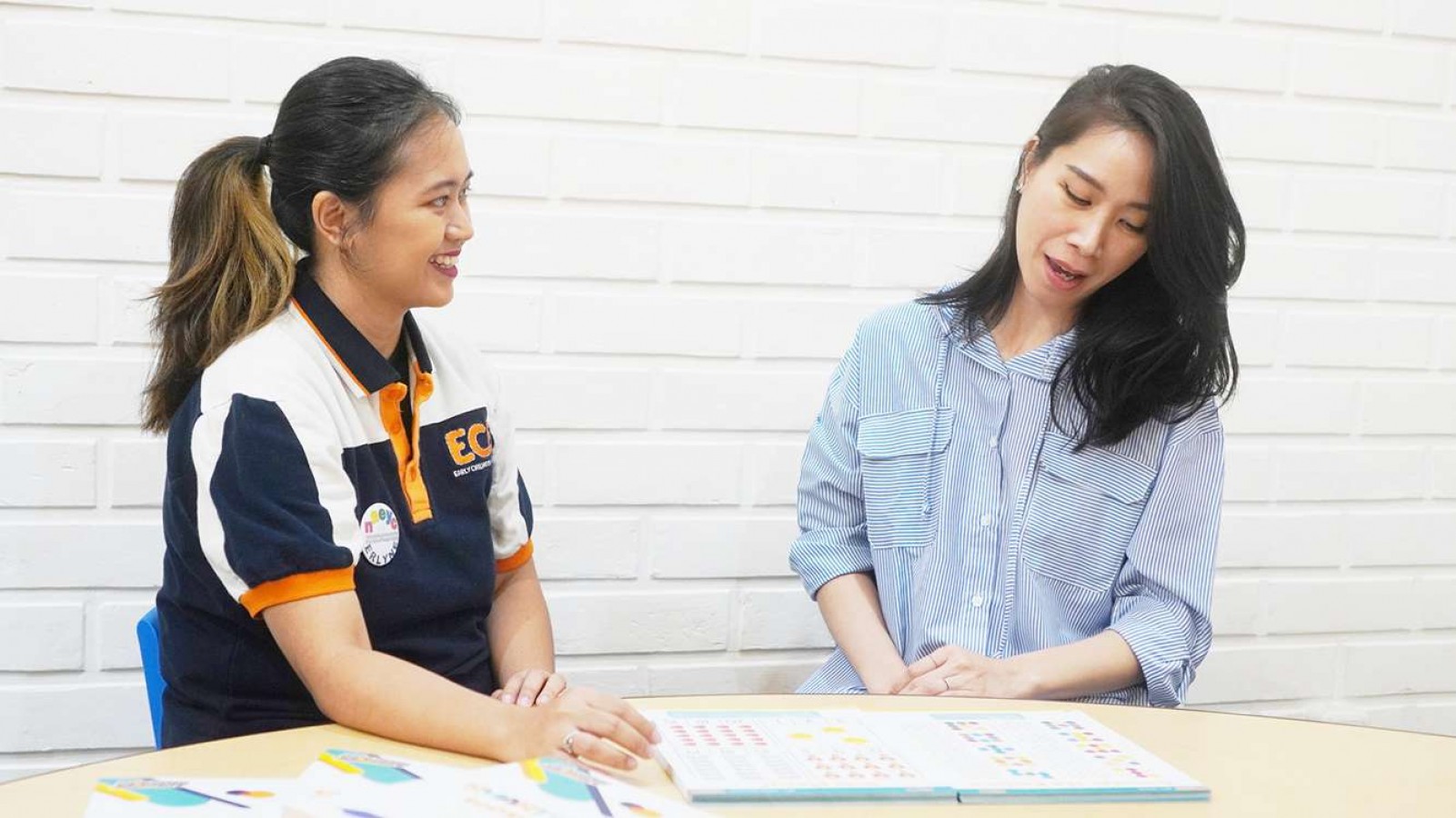8 Simple Techniques on How To Memorize Lines

In school, there's often a need to memorize material, particularly during exam periods. Memorizing sentences isn't always as simple as we expect. Consider the challenge faced by theater performers or actors who suddenly forget their lines. Have your children ever struggled to memorize lines quickly?
Sometimes, despite hours of effort, children find it challenging to memorize lines effectively. Often, this is due to using incorrect techniques, resulting in unsatisfactory outcomes. In this article, we will present 8 simple techniques for memorizing lines more efficiently.
8 Simple Techniques to Memorize Lines
Not everyone is given the talent to memorize dialogues quickly. But there are some techniques that can certainly be learned for those of you who want to memorize dialogue. Here are 8 simple techniques to memorize lines that can be applied by anyone :
1. Write Your Lines
Instead of typing your lines, consider the practice of handwritten transcription. This technique is particularly effective for extensive scenes containing speeches.
Transcribing lines manually compels the mind to engage with the physical act of writing and visually registering the lines. The actor's concentration should solely be on writing out their lines, allowing each performer to concentrate on themselves without the interference of other actors' lines.
2. Use Mnemonics
Mnemonics are memory aids that use associations and can be a fun and effective way to memorize lines. Help kids and teens create mnemonic devices, such as acronyms or rhymes, to remember sequences of lines. These playful memory tools add a layer of creativity to the memorization process.
3. Record and Playback
Leverage technology to your advantage. Record the lines and playback the audio during daily activities, such as while doing homework or chores. Hearing the lines repeatedly reinforces auditory memory, enhancing retention for kids and teens.
4.Utilize Physical Movement
Incorporate physical movement into the memorization process. Associating specific movements or gestures with lines creates a kinesthetic memory connection. This technique is particularly effective for kids and teens who learn better through movement and tactile experiences.
5. Practice with Someone
Practicing lines with another actor is a widely recognized technique for memorization. It is essential to choose a fellow actor for this task rather than just a friend from the neighborhood.
Collaborating with another actor ensures mutual accountability. Through coaching each other and jointly reviewing stage directions, both actors can genuinely internalize the script.
6. Understanding the Context
The first step in memorizing lines is to understand the context of the script. Encourage kids and teens to read the entire script, gaining a comprehensive understanding of the characters, plot, and overall storyline. This foundational comprehension forms the basis for easier line retention.
7. Learn The Cue Lines
Being acquainted with cue lines enhances promptness, enabling actors to deliver their lines punctually. Proficiency in cue lines is also a hallmark of professionalism, as emphasized by Cinematography alum Charlotte Dobre in an interview with NYFA. This underscores the significance of professionalism for emerging actors and content creators.
8. Repetition and Consistency
Practice, repetition, and consistency are key elements in memorizing lines. Encourage regular rehearsals, preferably at the same time each day, to establish a routine. Consistent practice builds confidence and familiarity with the material.
Memorizing is an Important Ability!
For kids and teens stepping onto the stage or preparing for a presentation, each method serves as a valuable tool in their artistic toolkit. The ability to effortlessly recall lines is not just a skill but also a stepping stone of unleashing the full potential within.
If the child is considered to have a talent in memorizing a dialogue and acting, as parents you can consider enrolling them to Broadway Program. Rockstar Academy offers an innovative Broadway program aimed at enhancing singing abilities among children and teenagers, fostering a supportive environment for young voices to thrive.
Through this program, students can unleash their creativity, expand their imagination, improve communication skills, and develop social connections through the performing arts.
Additionally, Broadway program students will also have the opportunity to participate in participating various events and competitions such as Broadway recital, RockOlympics and Activity Elite Championships.
Moreover, Rockstar Academy invites newcomers to experience the transformative potential of singing with a complimentary trial class, providing an inclusive and enriching environment for all. Why not kickstart your child's broadway journey with Rockstar Academy?
FAQ
Why is it important to memorize lines as an actor?
Memorizing lines is crucial for actors as it allows them to deliver performances confidently and authentically. It enables actors to focus on their characters, emotions, and interactions rather than being distracted by reading scripts.
What are some effective techniques for memorizing lines quickly?
Effective techniques include breaking down lines into smaller sections, creating visual associations, using mnemonic devices, engaging in interactive learning through role-playing, and incorporating physical movement.
Is handwriting lines a helpful memorization technique?
Yes, handwriting lines can be a beneficial technique. Writing lines by hand engages both the visual and motor memory, enhancing the memorization process, especially for longer scenes.
How can actors utilize cue lines to improve their performance?
Learning cue lines, the lines leading into another actor's dialogue, enhances prompt delivery and contributes to a more professional performance. Familiarity with cue lines allows actors to respond seamlessly to their cues.
Are there benefits to rehearsing lines with other actors?
Rehearsing lines with fellow actors is highly beneficial. It holds both individuals accountable, provides an opportunity for mutual coaching, and allows for a more dynamic and collaborative understanding of the script.



